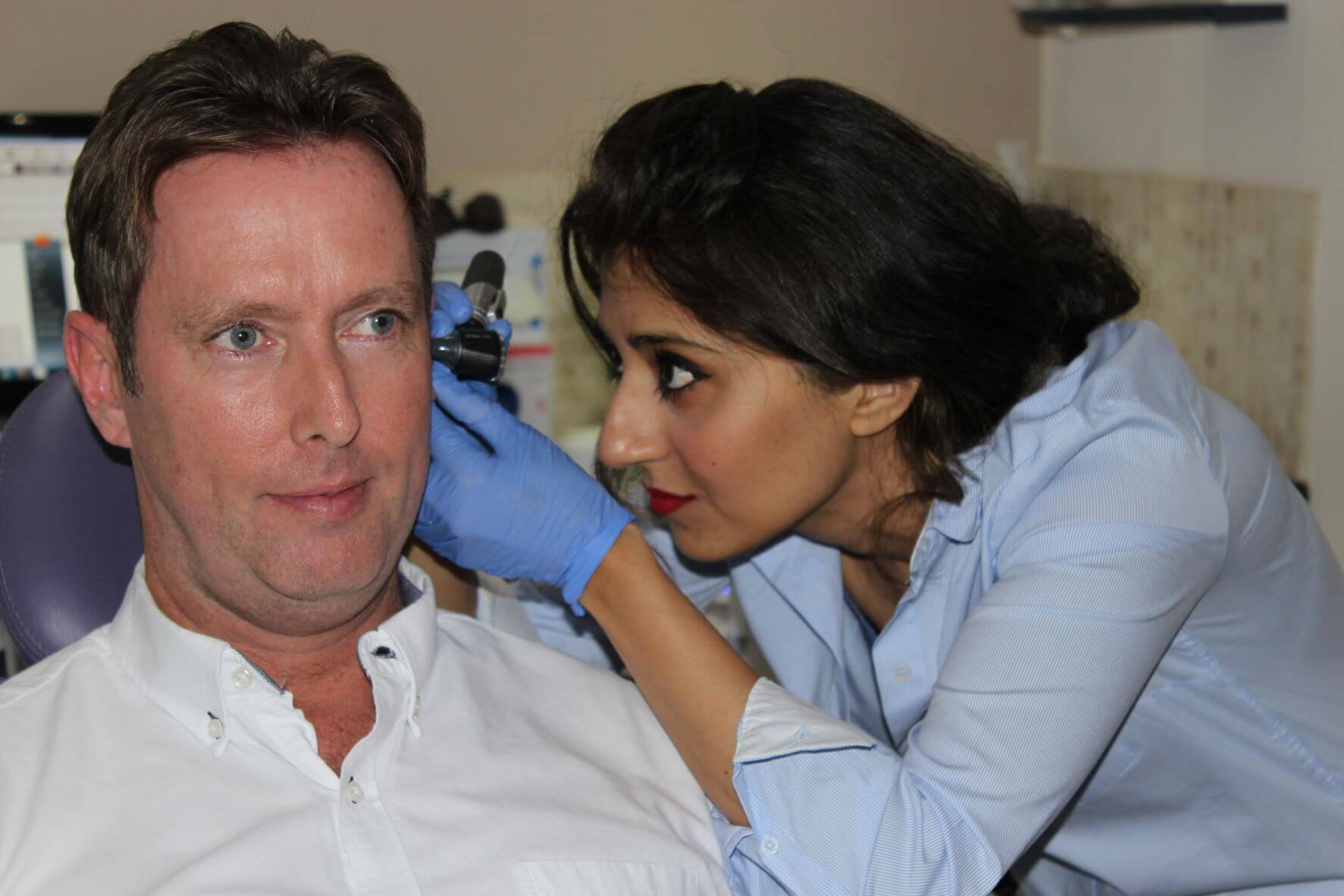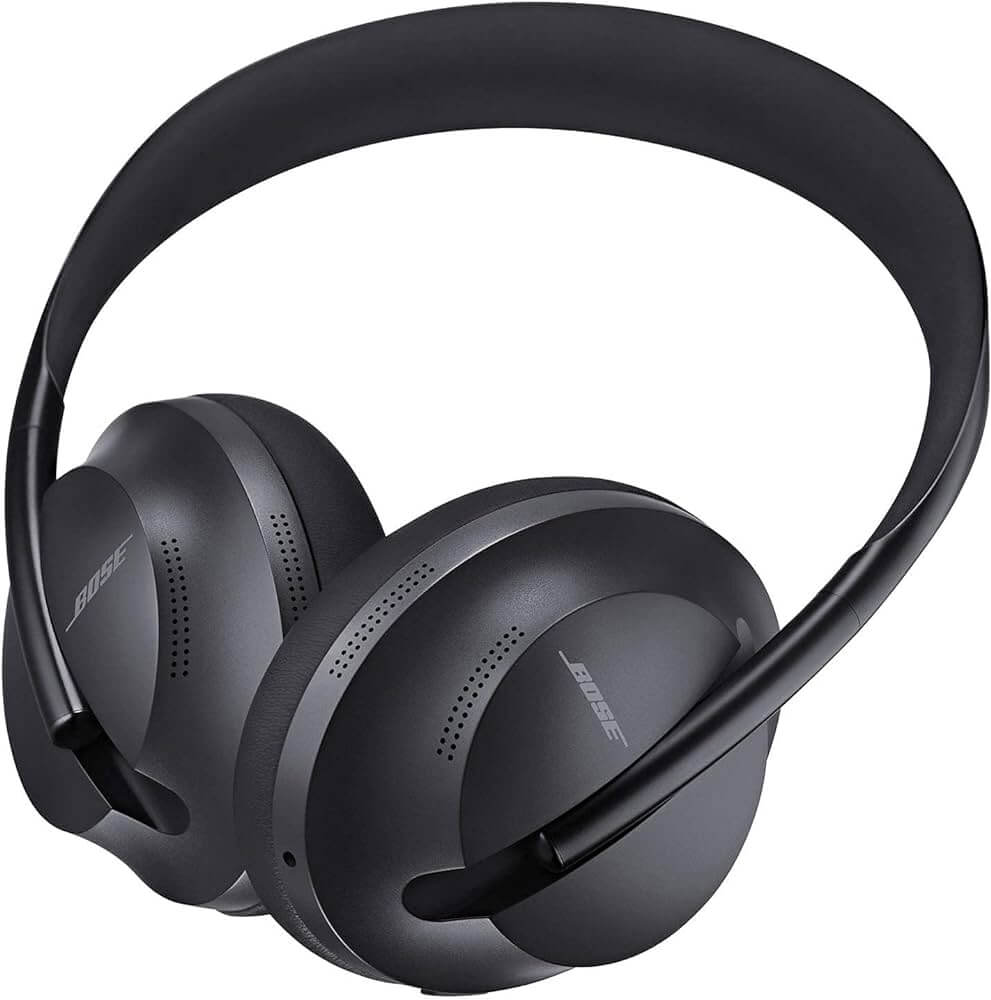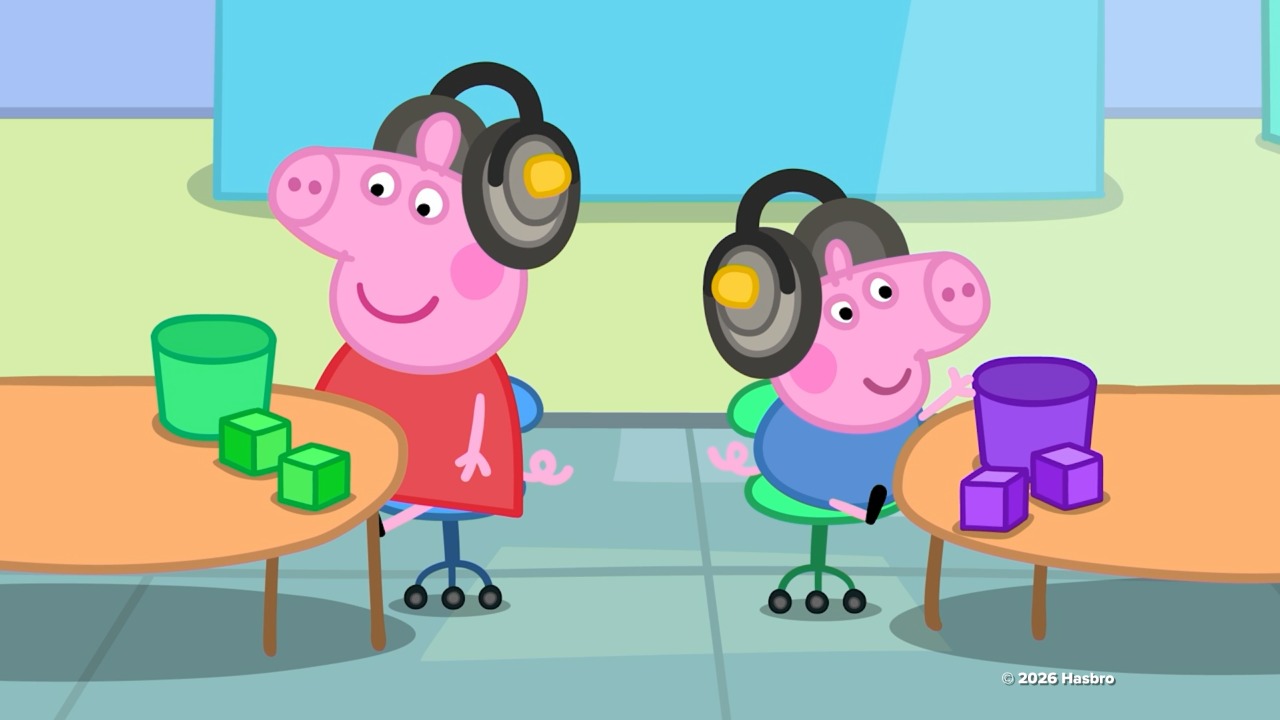
What Is Diplacusis?
Diplacusis is a rare hearing disorder in which a single sound is perceived differently by each ear. Instead of hearing
Unfortunately, planes can really take their toll on your ears. The engine is obviously exceptionally loud, fluctuating between 60-120 dB (inside the plane) depending on the type of aircraft you’re on and if you’re in mid-air or taking off / landing. The noise of take-off and landing if you’re outside the plane is even louder, but the only people close enough to a plane at this moment are airport staff who will be using proper ear protection. Luckily, there are a few simple things you can do to give your ears the best chance during a flight.
We all like to settle down with a movie, a podcast or our favourite music during a flight. It’s a simple but effective way of passing the time. It doesn’t matter if you’re going short or long haul, there’s no denying that once you’re up in the air it can be a little boring! If you plan to pass this boredom by watching or listening to something, then we would strongly advise that you invest in some noise cancelling headphones. They work by using a microphone that detects noise and then creates sounds that cancel this noise out. This all goes on without your knowledge while you are listening to whatever you’ve decided to pass the time. Just be sure not to hike up the volume too much!

If you are looking to block out the noise altogether while on a flight, you could look at purchasing some earplugs which will significantly lower your exposure to the plane noise. It’s worth remembering at this point that any noise over 70dB could cause damage to your hearing. We would suggest you look at customised earplugs as these will be made to fit your ears specifically, meaning that no noise can get past them. These are a great option if you’re flying through the night and are looking to get some sleep. The earplugs will not only block out the sound of the engines, but also of any passengers who are not so keen on sleeping!
A plane manufacturer previously conducted a study which concluded that the back of the plane is noisier than the front. This is because you’re getting the sound blast from the jet engines or propellers. They also found that window seats are noisier, no matter whereabouts you are sat. If you have the option of choosing your seat, we would suggest selecting an aisle seat between the middle and front of the plane.
We are all very familiar with the sensation of popping ears while on a flight. Your ears pop due to a change in pressure in the ear and outside it as the aircraft takes off, changes altitude and descends. You can help your ears through these periods by chewing food or gum or swallowing and yawning. These actions have the effect of equalising the pressure in the ear. There is also a method called the Valsalva manoeuvre which you can attempt during take-off and landing. To perform the manoeuvre, you need to close your mouth, pinch your nose shut and press the air out like you are blowing up a balloon.
During a flight, you should ensure you stay hydrated by drinking lots of fluids. We hate to be the bearers of bad news but we’d advise you steer clear of alcohol. Keeping hydrated will keep you feeling fresh on the plane as the cabin doesn’t have as much oxygen as you get on the ground. This can make you feel sluggish and tired.
If you are worried you’re suffering from noise-induced hearing loss, book yourself in for a hearing consultation. If you have any other queries regarding protecting your hearing on a flight, drop us a message.

Diplacusis is a rare hearing disorder in which a single sound is perceived differently by each ear. Instead of hearing

Whether you have children in your life or not, we’re willing to bet you’ve heard of Peppa Pig and her

Tinnitus is the perception of sound when there is no external source. It is commonly described as a ringing in